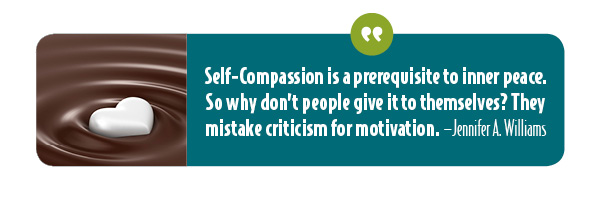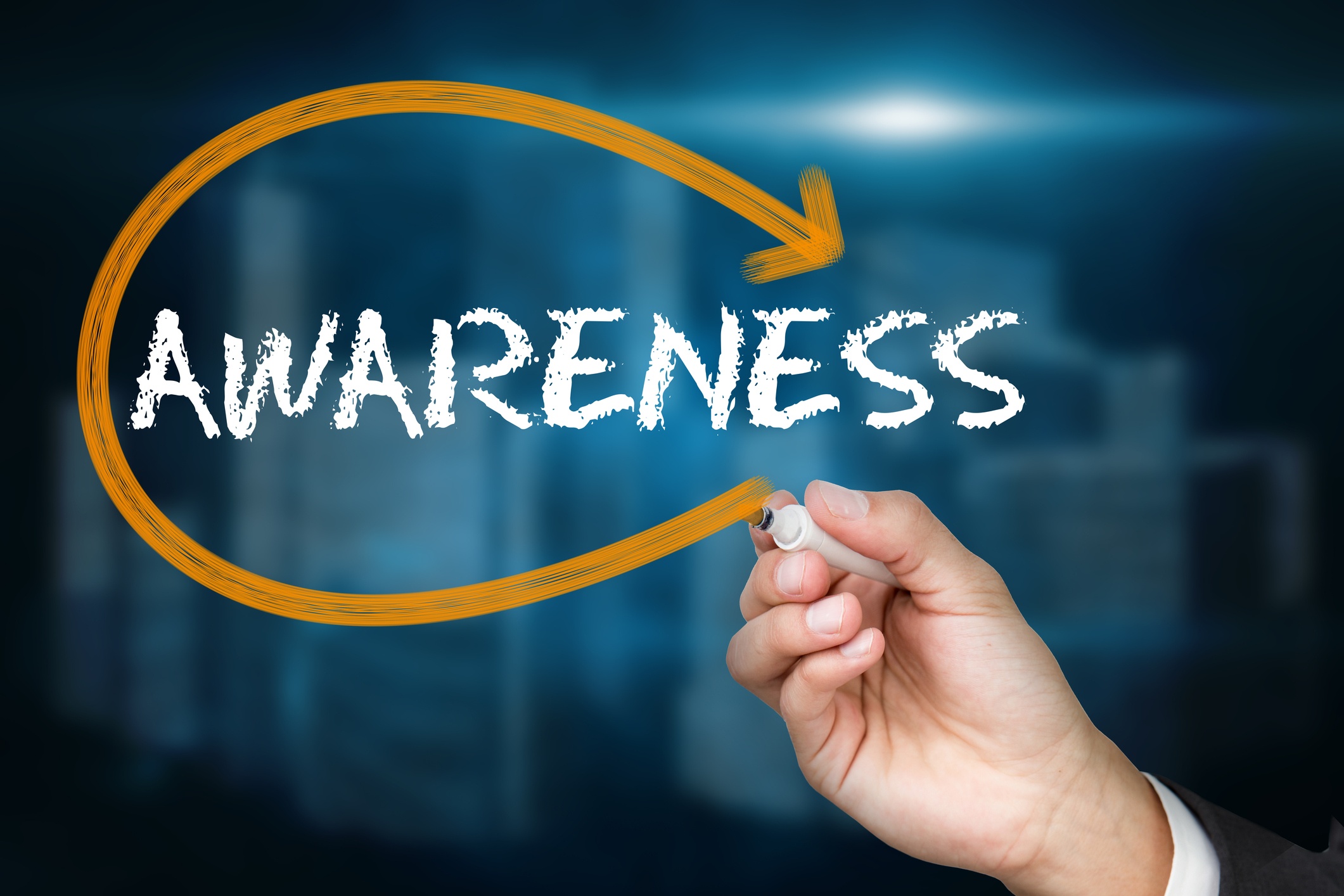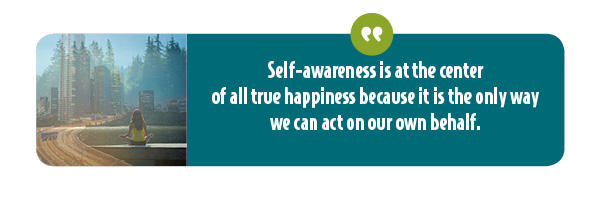Emotions can inadvertently run our lives, can't they?
Does worry keep you awake at night? Do you ever say to yourself, "Why am I so emotional?" You even confess to your friends, "I'm very emotional. I don't know what's wrong with me." Or does your partner say to you, "Stop being so emotional!" or "Why do you have to be so sensitive?"
Common things I hear in coaching. Without emotional intelligence and emotional regulation, we can feel like we're traveling on a runaway train. And driving that train is usually an inner critic.
Estimated reading time: 8 minutes

And all of these described me years ago. I had little to no control of my emotions and the slightest provocation incited tears. I even remember my now-grown son teasing me because I cried at Bambi.
Every day, a haunting doubt kept eating at me: "Is there something wrong with me?"
What to Do When You're Feeling Emotions Too Intensely
When your feelings are fluctuating erratically, hormones could be an issue, but often if you're an overly emotional person, it's a good sign that emotional regulation is lacking. Being overly sensitive can be an indicator of unresolved emotional pain and unprocessed emotions, both of which I had in truckloads when I was a young mother. If you're looking for how to get over emotional pain, keep reading.
To transform our emotional life in positive ways and gracefully surf our emotional waves, we must begin by acknowledging and listening to our emotions instead of denying their voice in our life.
The more we try to stop ourselves from feeling, the more they persist, build, and squeeze out sideways.
You've probably heard of emotional intelligence. Emotional intelligence skills are critical and can be learned. I built inner peace and emotional well-being from scratch—and so can you!
Related reading: "Inner Peace Requires You to Be Present with Self-Compassion."

The Importance of Listening to Our Emotions
Most of us have learned to push feelings aside as troublesome or annoying little nuisances that are in the way of happiness and success. We’ve been taught that emotions show weakness and interfere with good decision-making. Or maybe you've heard that you just need to buck up! We have learned in so many ways that we should push through to get things done. But I'm here to tell you that, it's a myth.
Emotions are our motor! Think of passion and joy! Why would we want to shut those down?
When we don’t accept our emotions, we cannot capitalize on their enormous wisdom.
Wisdom?
Yes, wisdom.
Emotions can be your own personal GPS if you befriend them.
And when we begin to train our emotional energy like a Tai Chi master teaches the moves of a dance, our lives are transformed!
One step at a time; one move at a time.
The Role Emotional Regulation Plays
Learning how to manage emotions and self-regulate is critical on the path to becoming your true self. Crucial to finding a sense of well-being and inner stability.
One of the most liberating experiences is having a clear head, a happy heart, a meaningful life, and thriving relationships—all at the same time. A lot of people think this is impossible. And few know how to achieve a consistent experience filled with inner peace and ease, especially when dealing with conflicting emotions.
Yet, once you connect with this unlimited wellspring of emotional wisdom, it's a game-changer. The incredible boost of wisdom that comes from emotions is tremendous leverage—if we know how to use it.
Deep Dive: "Why Emotional Intelligence Is Crucial—Learn to Master Key Skills."

Gaining Self-Awareness and Emotional Literacy
The first step in making a change or learning any new skill is self-awareness.
How can we change what we are not aware of?
So let's start at the beginning.
What Are Emotions?
Emotions are simply energy moving through us.
They help us interpret our experience and are a guidance system that leads us to the right action. The brain uses emotions to process what happens and how we assign meaning to what happens. Pretty important, wouldn't you say!?
Each emotion has varying degrees of intensity to signal us what we need, how urgent the need for action is, and then to lead us back to our True North. Emotions are our own personal guidance system (GPS).

When we are overwhelmed with emotions, it often points to an accumulation of unfelt feelings that have been repressed or conflicting emotions clashing together, many times contradictory.
So, if you have a backlog of pain and stuffed feelings, it's important to get support and help, either from an experienced emotional fitness coach or a therapist. Yet, you can be your own inner life coach, too.
You can learn about emotions by observing yourself and giving yourself permission to feel. A big step toward regaining serenity.
Related reading: "Finding Inner Peace in a World Full of Contradictions and Confusion."
 What Is Self-Observation?
What Is Self-Observation?
Self-observation is the practice
of observing ourselves with neutrality.
Awareness grows when we practice observing what goes on inside of us with self-compassion. Before we can get acquainted with our emotions, it's wise to know how to observe ourselves objectively, so we don't get engulfed in, overtaken by strong emotions, or triggered in an unhealthy way. The Inner Observer strengthens our loving detachment and helps us gently explore our feelings. The Inner Observer will greatly assist you in self-modulation and self-calming.
Our Inner Observer is the nonjudgmental part of ourselves that allows us to witness our thoughts, feelings, and bodily sensations without having to act on our impulses. When we observe ourselves, we contact a part of ourselves that is neutral. Observing is like looking through the lens of a camera; the lens watches without interpretation, storytelling, or judgment. No opinions, no shoulds or should-nots; no have to's, no to-dos. This process is called mindfulness.
|
"When we practice self-observation—noticing |
Observe your inner world for a few weeks without judgment, only curiosity. Easier said than done, right?
This activity may seem very difficult at first. You might not even be able to find that place of quiet. When I first attempted, I had a ton of negative self-talk and incessant critical chatter. (My inner critic was the driver.) If someone had asked me to observe myself without judgment, I would NOT have thought it was possible. Until I started. And practiced... until I could.
Just begin. Don't try to change anything. Simply notice.
Take note when you are in your zone and feeling lighthearted and happy. Notice when you feel static inside, subtle—or not so subtle. Observe the gazillion thoughts that try to vie for your attention.
If your self-talk is harsh and you hear snide put-downs, just say, "That's interesting" or "Thanks for sharing" or some other neutral comment. Then, return to observing with self-compassion.
Practice until you get the hang of it.
Related reading: "6 Steps to Emotional Mastery"
Self-Acceptance: Give Yourself Permission to Feel
The next step to utilize the sage advice of your emotions is to give yourself permission to feel. This step may seem silly or unnecessary, but most of us have been shamed or wronged for what we have felt, so it is a vital step.
Once you give yourself permission to feel, notice all the reasons your mind tells you why that's not a good idea: you can't handle them, it's not safe, you'll upset others, etc. Continue to respond with kind firmness: "Thank you for sharing." And repeat, "I give myself permission to feel."
You might be surprised at how many times you brush your emotions aside, minimize what you're feeling, or stuff them altogether. Only observe and allow. Every time you catch yourself blocking your feelings, open to them. If you judge yourself, release, and return to observation.
Observe. Get curious. And give yourself permission to feel.
|
If we don't express our emotions, they pile up a debt that will eventually come due. ~Marc Brackett, Ph.D. |
Emotional Awareness: Label Your Feeling
Now, it's time to be a detective, an "emotion master," as the Yale Center coined for those learning the skills needed for emotional well-being.
Notice your emotions and those of others. Observe how you feel and label the feeling. If you feel sad, acknowledge your sadness. If you're excited, revel in your enthusiasm. If you're a little anxious, name it.
By paying attention to what we feel, we are acknowledging our right to feel.
And we are gathering vital clues. Once we start listening, we begin to sense and know what actions lead us to our best self. Our feelings alert us when we don't feel safe, and we need to take care of ourselves or when we are going against our truth. We recognize when we need to self-calm or set a boundary for someone's behavior. We start paying attention to what brings us joy and leads us to fulfillment. Each acknowledgment leads us closer to inner peace.
For a comprehensive understanding of emotions and their purpose, check out our free webinar, “How to Use Your Emotions to Make Life-Transforming Change.”
Pay Attention to the GPS of Your Emotions
Your emotions are important. Pay attention to them and to what they’re trying to tell you. Feel, listen, and act.
Then you’ll learn how to follow their wisdom and you'll begin to achieve a life you love. You'll grow more each day in self-awareness and emotional mastery. And that's a game-changer!
Emotional Intelligence Course
If you want to dive deep and increase your emotional intelligence, check out our emotional fitness online course. It's downloadable and gives you the tools you need for greater mastery!
For emotional fitness coaching and an expert guide to support and empower you to create a life you love, contact Heartmanity.

 When we ignore our feelings
When we ignore our feelings 







